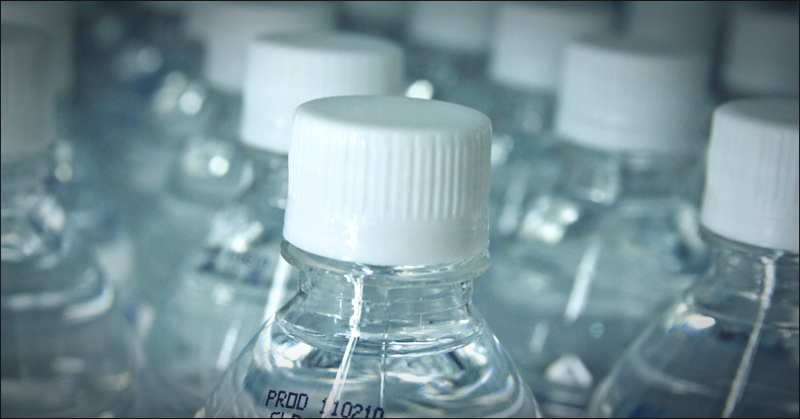If you’ve been to any Arab or an Islamic country, one of the first things you’d notice in most (if not all) of their consumable products is the halal certification logo. This logo is important for Muslims because this assures them that the food or drink they will consume does not, in any way, violate the laws of their faith.
ALSO READ: What is Halal and its Significance to Muslims?
However, the question whether products such as Oreo cookies and other sweetened drinks are halal or haram is so important for Muslims that the debate has now spilled over to something more basic: water – plain drinking water. But don’t take this at face value, because the question bears weight for Muslims – here’s why…

Does Water Need to be Halal-Certified?
Recently, a Twitter user asked a top bottled water company if its water was halal-certified and the answer was ‘no’. The discussion continued with questions such as “How can water not be halal?” and comments like “Not that water is halal or haram because water is water”, as shared in a report by the Khaleej Times.
But objectively speaking, because some countries do require their bottled water to be halal-certified, the issue does not lie with the product anymore but in the process it goes through, also known as filtration.
And while the UAE is not among those countries, some of the carbonated drinks produced and distributed in the country have been halal-certified.
The issue is quite relevant, too, because halal is more than just ensuring the specific manner of slaughtering animals for meat consumption, avoiding pork and bovine-based products, and abstaining from drinking alcohol.
The halal market has now become a a multiple-trillion-dollar global industry across multiple clusters, including cosmetics, halal tourism, modest fashion, Islamic finances, pharmaceuticals and more.
So, why is there a need to certify water? According to Dr. Sirajuddin Suhaimee, director of the Department of Islamic Development’s Halal Hub Division in Malaysia, the world’s biggest halal certification body, the certification is for the process and not for the product.
He explained that the best water filters are made of pig bones. Water filtration units utilize products that are not halal, so before a product is issued a certificate, all of these have to be inspected.
In the UAE, the Emirates Authority for Standardisation and Metrology (Esma) has a special Emirati system for the control of products with the ‘halal’ mark.
The body has some 34 food and beverage products, including some carbonated drinks, registered under its Halal certification, but water is not on the list. However, a number of halal certification bodies from all over the world are registered and recognised by the UAE.
According to core Islamic principles and teachings, halal is an Arabic word that means ‘permissible’ or ‘according to religious law.’ Those who have the need to consider these things in their lifestyle will do best to check out products for the halal certificate issued by a standard governing body in their place of residence to be sure about these things.